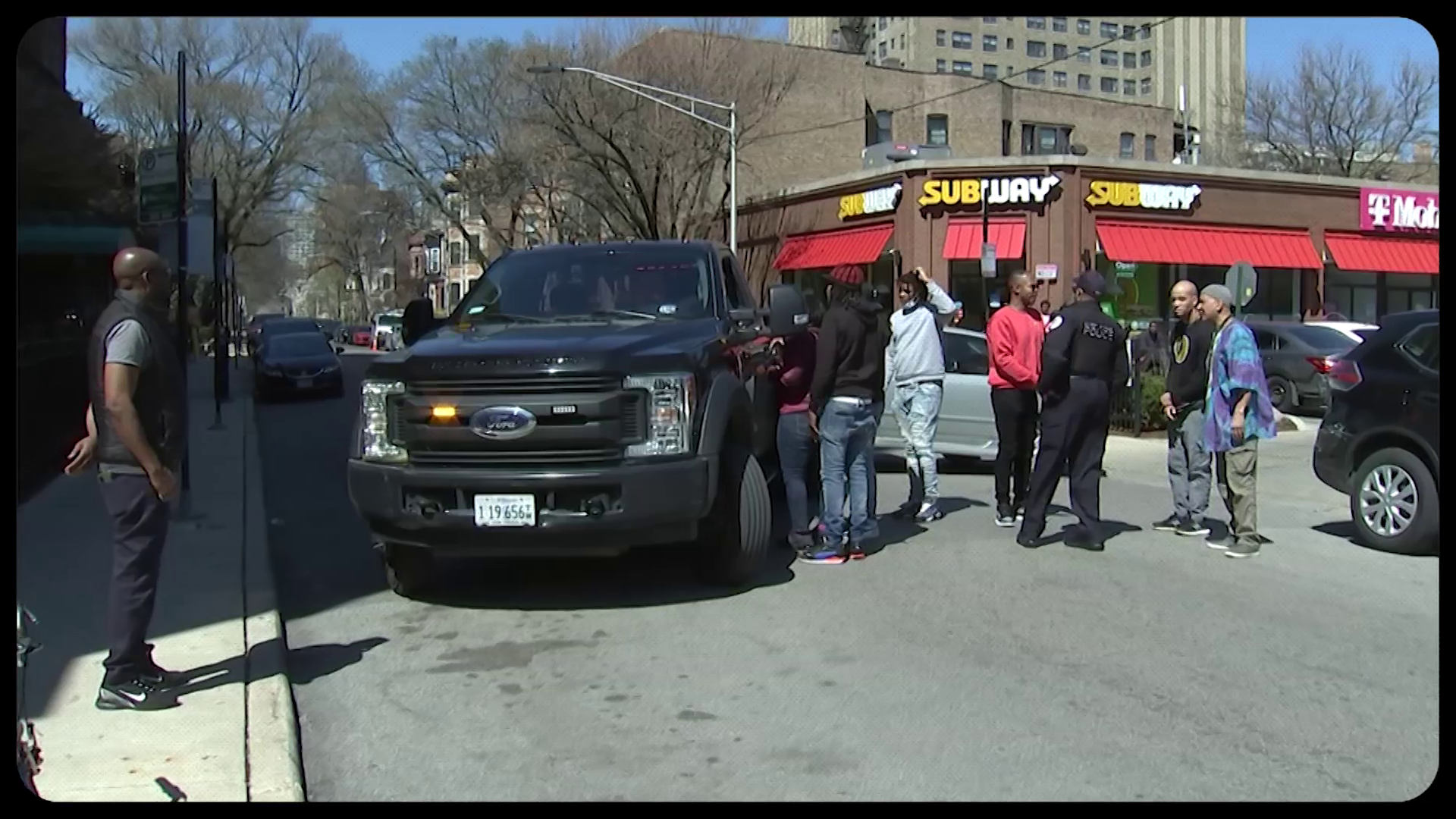Some shoppers are warning others about the real price behind some enticing sponsored advertisements likely flooding your social media feed from companies you may have never heard of.
Clothing and shoes may match your style, with deals that grab your attention, but advocates warn it all could be a trap.
There are some clues to sift through, NBC 5 Responds found, to figure out whether a company behind a social media advertisement is legitimate or not this holiday season.
David Podell of Buffalo Grove, an avid walker, said he learned the hard way when he said a Hoka shoes ad on Facebook hooked him earlier this year.
Feeling out of the loop? We'll catch you up on the Chicago news you need to know. Sign up for the weekly Chicago Catch-Up newsletter here.
"I wear out shoes at least two to three times a year because I walk a lot," Podell said. “What caught my eye was this ad for Hoka [shoes] at a ridiculous price."
The ad on Facebook was for a pair of Hoka shoes for less than half the usual price from a company that seemed legitimate at first glance.
But looking back, Podell said he may have ignored that skeptical voice in the back of his head in hopes that he had just lucked out in finding a good deal.
"I got sucked into it," Podell said. "Finally, I figured out I lost and made a mistake."
After paying around $50 for the pair, he said he waited for a delivery that never arrived.
Podell is certainly not alone.
Imposter ads have reportedly bombarded social media feeds in recent years, leading to millions of dollars lost, according to the Better Business Bureau Chicago.
A recent BBB study found online shopping scams may cost consumers upwards of $380 million this year alone, with more than a third of all online retail fraud reports originating through fake websites.
It's a motherlode of deception that the non-profit Consumers’ Checkbook calls rampant.
"We’ve seen a lot of complaints about stuff that doesn't arrive but also, you know, shipments where what was advertised is not at all what was delivered," Kevin Brasler with Consumers’ Checkbook said.
NBC 5 Responds found some clues to pick up on when determining if the company behind a social media ad is the real deal, as consumers head into the holiday season:
1. Online Reviews
Nowadays, this is often a consumer’s first step: Check out the company’s online reputation via its reviews. Does the company only have high-praise, positive reviews? Advocates warn that could be a sign that they are fake or reviews were manipulated. Consumers can also search the company on the Better Business Bureau’s website. The BBB has a grading system based on consumer reviews, but it’s important to note that these letter grades only go so far, as a company with poor reviews can still have a high letter grade if they respond to consumer complaints in a timely manner.
2. Company Website And Contact Information
Consumers should review a company’s website outside of their social media platform. Advocates say to keep an eye out for misspellings or bad grammar throughout the website. NBC 5 Responds has found that in some cases, a company’s name or URL will look like an authentic company’s name, but it may have a letter or two missing under a closer review. Another thing to check for on the company’s website is a way to contact the business in case you have questions or something doesn’t go right with your order. If there is no contact information or very few options, that could be a red flag. Advocates say reputable companies will often have many convenient ways to speak with a representative.
3. Check For A Physical Address
Advocates recommend checking to see if the company behind the advertisement has a physical address, one that you can search online to see if it’s a real storefront or company warehouse. Is the company on Google Maps? If the physical address is not for the company advertised, that is a major red flag. You can also check the location to see where your package may be shipped from, when determining if this is a company you can trust and for a rough estimate on when to expect your item in the mail.
4. Refund or Return Policy?
One of the most important items to check for outside of a social media ad: Does the company have a detailed return or refund policy on its website? Reputable companies will have easy to understand policies, including an established window of time it can receive a returned item, in order for the consumer to receive a full refund or store credit.
5. Social Media Page and Presence
Does the company have a social media page? If so, look at the comments on the page’s posts to see if any customers have remarked on the company’s practices. Advocates warn that social media posts that have hundreds of likes, but no comments, could be a sign that the company paid for those social interactions, or turned off the comments, based on negative reviews. You can also check to see if the users commenting on posts look authentic, or bot-like. Outside of the company’s social media page, can you find other people commenting about the product or particular business? Checking the tags in a company’s social posts can also produce clues: Are real people wearing and tagging the brand? Are the tags relevant to what the company is posting about? Advocates say these days, you can tell a lot about a company based on their social media presence.
6. Payment Methods
If consumers feel confident that the company behind a social media ad is legitimate, advocates say to always use a credit card for the transaction. Using a credit card ensures you have strong fraud protections set by federal law, Consumers’ Checkbook advises. Never use your debit card or Zelle and other peer-to-peer payment options. Challenging a charge on peer-to-peer payments is difficult, with consumers rarely getting their money back. If a company says they will only accept payments through these kinds of options, advocates warn that could be a red flag.
Using the checklist above, NBC 5 Responds found many boxes checked on the so-called Hoka website that Podell had ordered his new shoes from.
The company’s URL was one letter off from the original Hoka’s website. Links on the website did not work, and there was no contact information or return policy visible for the business.
The day after we asked the authentic Hoka brand about this website, it was taken down.
Neither Hoka, nor the company behind the website Podell ordered from, responded to NBC 5’s questions or requests for comment.
Podell is in the process of disputing the Hoka shoes charge with his credit card company.
With the holidays already potentially stressful enough, most advocates we spoke to said when it comes to social media ads, you may want to skip it altogether.
“These days it's warranted to not buy things off social media ads altogether,” Brasler said. “I'm often recommending that people go out and seek good deals. But while doing so you have to remain skeptical.”
Podell hopes others will hear his story and avoid falling for the same trap.
“Don't let it happen to you. And order from secured sites,” Podell told NBC 5.



